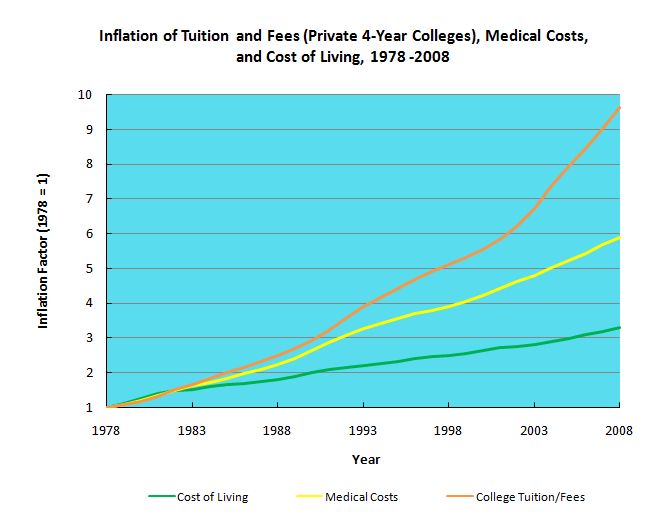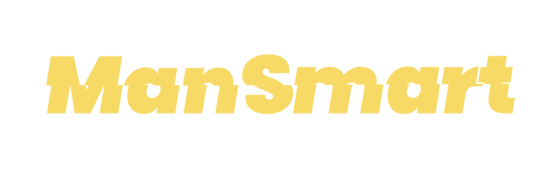College is often said to be a gateway to a better future. Education is priceless. But it seems like the price of college education has been steadily creeping up with the pricelessness of education. The worst part is the average college graduate’s salary isn’t always capable of covering hefty student loans.
In simple terms, college is expensive, and it’s not always for everyone. Let’s look at some of the other reasons why college can be bad:
High cost: The average cost of attending a four-year public college is $10,560 for in-state students and $27,023 for out-of-state students. The average cost of attending a four-year private college is $38,070. The average student debt for a recent college graduate is $30,000. College, to say the least, is expensive for any average American household, and it’s certainly too expensive for a college graduate paying off student loans.

Some majors don’t necessarily pay a lot, even if you do have a good college degree. Here are some of them.:
- Social work: $47,090
- Education: $46,990
- Humanities: $45,430
- Visual and performing arts: $44,110
Lack of job security: There is no assurance that a college graduate would be able to find decent employment after graduation. Even university graduates have to take in minimum-wage jobs early on to pay the bills. In fact, unemployment right after graduation is at an all-time high due to the job market demanding more specialized skills than the general skills that colleges can provide.
Inflexible curriculum: Most college courses aren’t even relevant to a student’s goals or desired career. Such courses add up to the expenses, regardless of whether or not they are going to be useful in the future. And most students can’t even choose whether or not they can take those courses.
Grade inflation: There are a lot of students who have perfect GPAs because some courses just give out good grades, regardless of whether or not the student deserves them. This can be difficult to distinguish the ones who are actually performing well in college. Grade inflation can lower the value of college education, making good grades more and more irrelevant in the job market.
Unrealistic expectations: Don’t let the movies fool you because college isn’t about frat parties and carefree times. The truth is that college is a stressful and demanding experience, and some students aren’t equipped for that when they get to college. There are also students who juggle between college and their part-time jobs. This makes it harder for them to perform well and take care of their mental and physical health.

College can also be a rewarding experience, but it really isn’t something that’s for everyone. The knowledge and experience you get in college can be unique, and you can become a better critical thinker. Still, there are downsides to a college education, and that’s why it’s important to decide whether or not college really is for you.
Then again, there are still some instances wherein you can get the benefits of a college education without necessarily going through college. Some jobs don’t necessarily require a college degree, even though these can be some of the highest-paying jobs out there in the job market. Here are some samples of the highest-paying majors:
- Petroleum engineering: $87,989
- Computer science: $75,900
- Electrical engineering: $75,050
- Chemical engineering: $73,620
- Mechanical engineering: $72,713
As you can see, computer science majors are paid well enough. But just like a lot of other jobs, roles in the field of computer science don’t always require you to have a computer science degree from an expensive university. For example, here are some of the ways that you can get free computer science education:
1. Online Courses and MOOCs
There are free online courses or Massive Open Online Courses (MOCCs) that you can take if you want to learn computer science. Some platforms like Coursera and Udacity offer these courses for free. The best part is that some of them come from reputable schools like Harvard, Stanford, and MIT.
2. YouTube Tutorials and Educational Channels
Arguably the biggest platform for free educational content is YouTube. Whenever you need to do learn something for free, all it takes is to go on YouTube and search an online educational channel that will help you learn new fields of knowledge, such as computer science or even any other useful skill that could give you an edge in the job market without a college degree. Some of the best channels include:
- Khan Academy
- TheNewBoston
- MIT OpenCourseWare
3. Open Source Contribution and Learning
Fields like computer science have open-source projects that allow you to engage yourself in an environment that lets you learn and apply your knowledge. Going on a platform like GitHub is a good way for you to find open-source projects that allow beginners to contribute so that they can apply the things that they learned. As such, you don’t need to go to college or apply for an internship to get the hands-on experience that you need for the job market.
4. Free Online Textbooks and Resources
There are a lot of free textbooks and other resources that are available online. Go to Project Gutenberg or OpenStax because these sites are home to books and educational resources that you can use entirely for free.
5. Educational Forums
Yes, you can learn a lot from educational forums or sites that allow different people from the same field to converse. You can go to Codecademy if you’re looking to learn more about coding and computer science. But even Reddit can be a useful forum for educational purposes.



